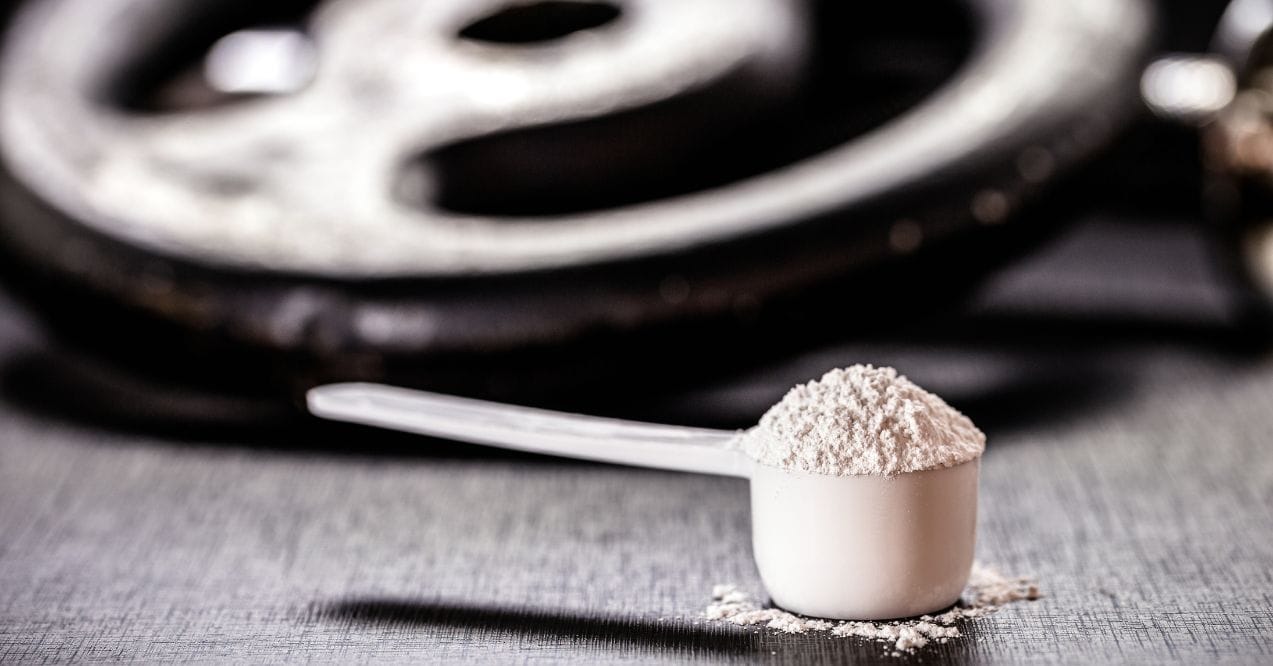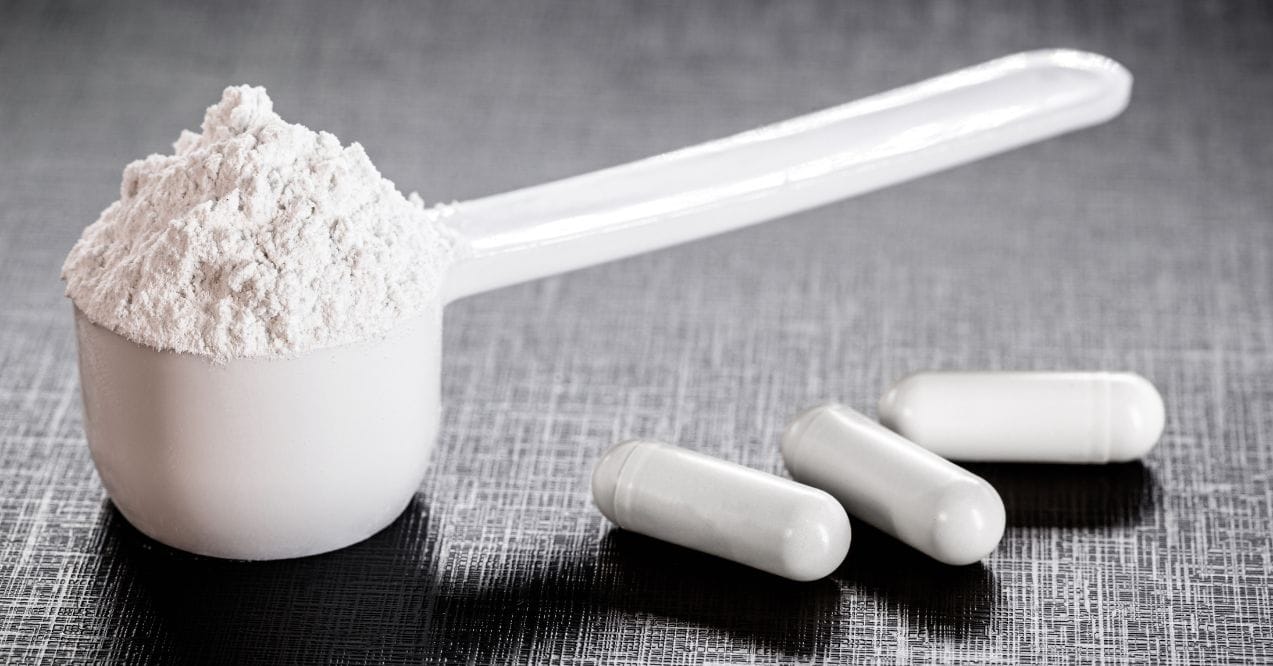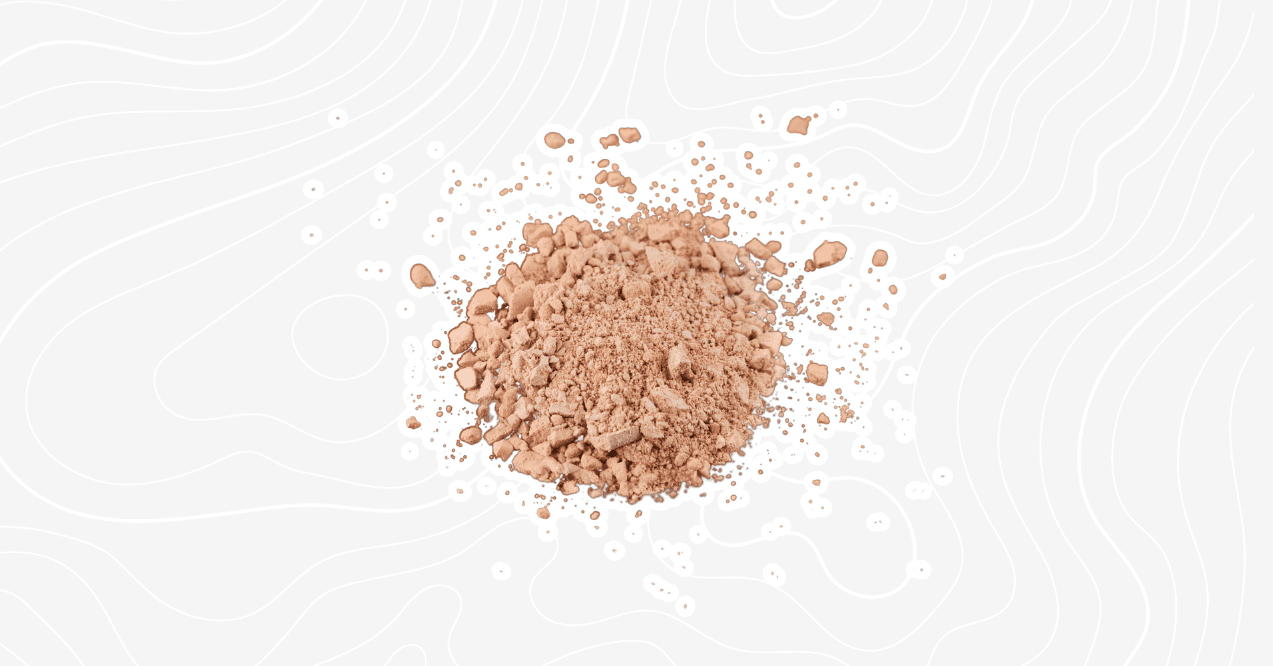Does Creatine Have Calories?
Does creatine have calories? Does creatine make you gain weight? This is a common concern among fitness enthusiasts that track their daily intake. As one of the most studied supplements in the fitness world, creatine plays a key role in energy production during high-intensity exercise and muscle growth. Whether you’re looking to build muscle, improve athletic performance, or maintain a specific body composition, understanding how creatine fits into your nutritional plan is crucial.
Looking to optimize your diet even further? Check out our 7-day bone broth diet plan for enhanced recovery or explore the 30-day carnivore diet meal plan to fuel your fitness journey. If you’re also considering incorporating intermittent fasting into your routine, an intermittent fasting calculator can help you determine the best fasting windows for your goals.
In this guide, we’ll explore the caloric content of creatine, debunk common misconceptions, and show you how to effectively incorporate it into your fitness routine while supporting your goals.

Why Is It Believed Creatine Is High in Calories?
Many people assume that creatine has calories because they often see quick weight gain when starting supplementation. This initial weight increase, however, isn’t from calories in creatine – it’s mainly due to water retention in muscle tissue.
Another reason for this misconception is that creatine is often linked with muscle growth and increased strength. Since building muscle typically requires a calorie surplus, some mistakenly associate creatine itself with high caloric content.
Additionally, many pre-workout supplements and protein powders containing creatine also include carbohydrates and other calorie-dense ingredients. This can cause confusion about whether creatine itself contains calories. Some brands even mix creatine with sugar or other sweeteners to enhance taste, which adds calories to the product—but these calories come from the added ingredients, not the creatine itself.
Beyond its effects on weight and muscle growth, some also wonder, Does Creatine Raise Blood Pressure? While creatine is widely studied for its benefits in strength and endurance, its potential impact on blood pressure remains a topic of discussion. Understanding the full scope of creatine’s effects can help users make informed decisions about supplementation.
Does Creatine Have Calories? All You Need to Know
So, does creatine have calories? In essence, pure creatine monohydrate contains zero calories. Unlike macronutrients such as proteins (4 calories per gram), fats (9 calories per gram), or carbohydrates (4 calories per gram), creatine doesn’t provide energy through the same metabolic pathways.
Creatine works differently in your body. Instead of being broken down for energy like food, it helps produce adenosine triphosphate (ATP) – the energy currency your muscles use during short, intense activities. Think of creatine as a performance enhancer rather than a fuel source.
A standard serving of creatine monohydrate (5 grams) contains:
- 0 calories
- 0 grams of protein
- 0 grams of carbohydrates
- 0 grams of fat
However, not all creatine powders mix the same way. If you’ve ever noticed clumps at the bottom of your glass, you might be wondering, what is micronized creatine? Micronized creatine is a more refined version of creatine monohydrate, processed into smaller particles for better solubility and absorption. This makes it easier to mix in water, reduces gritty texture, and may help improve uptake in your muscles.
That said, always check the label before buying. Some creatine powders contain dextrose, maltodextrin, or artificial flavoring, which do add calories. If you’re looking for a zero-calorie option, stick to pure creatine monohydrate without additives.
How Do You Reach Your Weight Loss and Body Composition Goals With Creatine?

Creatine can support your fitness journey, including weight loss or improving body composition, when used strategically. By following a few simple guidelines, you can incorporate creatine without compromising your progress.
Skip the Loading Phase
Skipping the traditional loading phase is a smart approach for those focused on weight loss. This phase, often recommended when starting creatine supplementation, involves taking a high dose (20-25 grams daily) for 5-7 days to quickly saturate muscle stores.
Some individuals wonder, does creatine make you bloated? The loading phase can lead to water retention, contributing to that bloated feeling. By opting for a smaller daily dose (3-5 grams), you can effectively maintain muscle creatine levels without experiencing unnecessary water weight.
This approach allows you to enjoy the benefits of creatine – such as improved workout performance – while staying aligned with your fitness and body composition goals.
Stick To a Calorie Deficit
To lose weight, you must maintain a calorie deficit – burning more calories than you consume. Creatine doesn’t interfere with this process because it has no significant caloric content. Pair it with a balanced diet and regular exercise for the best results. Wondering, does creatine break a fast? The answer is no, as creatine has no significant caloric content and doesn’t interfere with fasting or weight loss efforts. Pair it with a balanced diet and regular exercise for the best results.
Eat Enough Protein
Adequate protein intake is crucial for preserving muscle during weight loss. Include high-quality protein sources in your meals to promote muscle maintenance. Creatine complements this by supporting energy production during workouts, helping you maintain strength and muscle mass. This combination helps prevent the loss of lean tissue as you work toward fat loss goals.
Looking for a creatine supplement that supports your weight loss and body composition goals? Trumeta Creatine could be the perfect fit. Made with the purest form of creatine monohydrate, Creapure®, it delivers 5 grams per serving to help maintain muscle levels without unnecessary water retention.
With ultra-pure production, it boasts LOW levels of DCD and other byproducts, ensuring clean supplementation. Completely tasteless and quick to dissolve, it’s easy to mix into your favorite low-calorie drink or smoothie. Plus, it’s vegan and vegetarian-friendly, making it a versatile option for all dietary lifestyles. Choose Trumeta Creatine for better performance and consistent results!

How to Incorporate Creatine Into Your Diet?
Adding creatine to your diet is simple and works well with weight loss and body composition goals. With the right approach, you can use it effectively without disrupting your nutrition plan. The good news? Creatine calories are negligible, so it won’t impact your calorie deficit or daily intake.
Here’s how to make creatine part of your routine:
- Start with a Small Dose – Take 3-5 grams daily to maintain muscle creatine levels. This dose avoids water retention and supports your fitness goals.
- Mix It with Ease – Creatine is flavorless, so stir it into water, low-calorie drinks, or smoothies. It blends easily without affecting taste.
- Time It Right – Use creatine around workouts to support energy and performance during high-intensity exercise.
- Stay Hydrated – To avoid potential side effects like a creatine headache, make sure to drink enough water throughout the day.
- Track Your Calories – Since creatine doesn’t add significant calories, it fits well into your diet plan.
- Pair with Protein – Eating enough protein helps maintain muscle mass, making it the perfect companion for creatine.
Remember, consistency is key. Take creatine daily – even on rest days – to see results. By following these steps, you’ll boost your performance and stay on track with your diet, all without overcomplicating your routine. It’s an easy addition that supports long-term success.
Conclusion
Creatine is a powerful supplement that supports energy, performance, and muscle maintenance without adding significant calories to your diet. So, does creatine have calories? The answer is no – creatine itself is not a caloric source and won’t interfere with your weight loss or body composition goals.
By skipping the loading phase, sticking to a calorie deficit, eating enough protein, and staying consistent, you can use creatine effectively in your routine. Whether you’re focused on building muscle or shedding pounds, creatine is a versatile tool that complements a balanced diet and active lifestyle, helping you achieve long-term success.
Creatine has 0 calories because it is not a macronutrient like protein, fats, or carbohydrates. Instead, it works by supporting energy production in cells through the phosphocreatine system, without contributing caloric energy to the body.
No, creatine does not contribute to daily caloric intake. It doesn’t provide energy in the form of calories and won’t impact your calorie deficit, making it a great addition to weight management and fitness plans.
Creatine supports weight management by enhancing workout performance, preserving muscle mass, and aiding recovery. When combined with a calorie deficit and proper nutrition, it can help maintain lean muscle and improve overall body composition during weight loss.
Advertisement. This site offers health, wellness, fitness and nutritional information and is designed for educational purposes only. You should not rely on this information as a substitute for, nor does it replace, professional medical advice, diagnosis, or treatment. If you have any concerns or questions about your health, you should always consult with a physician or other health-care professional. Do not disregard, avoid or delay obtaining medical or health related advice from your health-care professional because of something you may have read on this site. The use of any information provided on this site is solely at your own risk.







